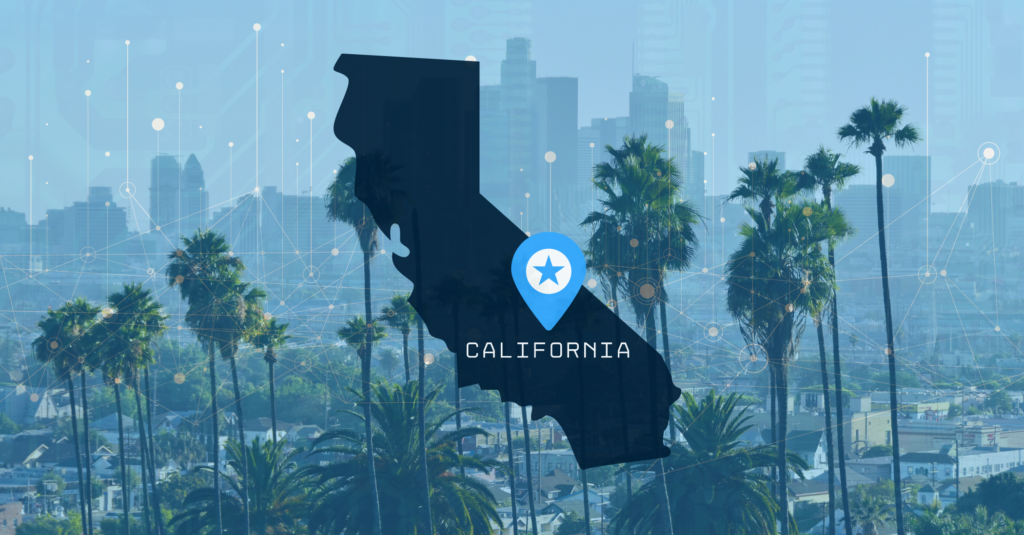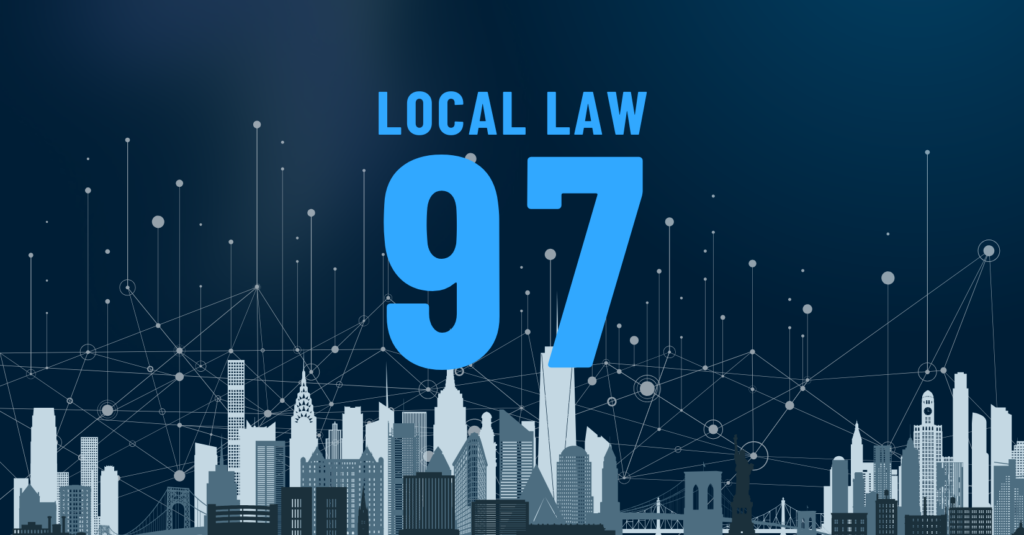Despite the uncertainty surrounding the SEC’s new climate disclosure rules that are presently on hold and may be scaled back or never implemented, there are other climate disclosure requirements to take into account. Public and private companies must contend with other current and pending climate disclosure requirements (and other ESG disclosures more generally) at the U.S. federal and state levels as well as outside the United States.
Last October, California passed two landmark climate disclosure rules, titled SB 253 and SB 261. With the enactment of these new laws, California has demonstrated its preemptive first-mover effect by boldly taking the lead as the first state to push for corporate climate responsibility in the U.S. The bills ultimately require large companies, both public and private that do business in California, to report on scope 1, 2, and 3 emissions and disclose climate-related financial risk, making them the most extensive laws to date in America with potential impacts for thousands of companies. These two bills are part of the state’s Climate Accountability Package.
Remaining Uncertainties to Account For
Reporting under SB 253 and SB 261 will not commence until 2026, or later depending on the status of the Governor’s budget negotiations, potential statutory amendments, and the development of implementation regulations by CARB. When the bills were initially signed into law, Governor Newsom expressed reservations on the implementation timetable feasibility, indicating that it should be longer. In addition, in his initial fiscal 2024-25 budget proposal, Governor Newsom did not designate any funding for the Califonia Air Resources Board to implement the two climate disclosure rules, which would cost roughly $16 million in the first year compared to the state’s total spending of $291.5 billion. However, in June 2024 funding for the Acts was included in a recent budget revision proposed by the Governor.
Climate Corporate Data Accountability Act: SB 253 Bill
SB 253 requires certain companies to report direct emissions from operations (scope 1), indirect emissions from energy use (scope 2), and indirect upstream and downstream supply-chain emissions (scope 3). SB 253 is the first corporate GHG emissions disclosure law to go into effect in the United States.
Procedures:
- These reports must be submitted to the California State Air Resources Board (CARB) and reporting entities must pay a fee for CARB’s implementation efforts.
Covered Entities:
- Under Bill 253, any company with greater than $1 billion in annual revenue and doing business in the state is obligated to comply and publicly file reports every year. This accounts for approximately 5500 companies.
Timelines:
- Starting in 2026, subject companies will have to report scope 1 and scope 2 emissions from the prior fiscal year (data should be collected throughout the year in 2025). Starting in 2027, subject companies must report scope 3 emissions from the prior fiscal year.
Penalties:
- Subject companies that fail to file, file late, or otherwise violate these provisions may face up to $500,000 per year in penalties and only through a formal administrative hearing process. Companies will only face immediate financial penalties if they fail to file the report but will not face financial penalties for non-compliance with emissions standards until 2030. Factors impacting the ultimate penalty include whether the company undertook good faith measures to comply, and the company’s past and present compliance.
Purpose:
- The law declares that current voluntary corporate disclosures “lack the full transparency and consistency needed by residents and financial markets to fully understand these climate risks,” and explains that Californians “have a right to know about the sources of carbon pollution. . . to make informed decisions.” 2023 has seen a worldwide consensus take place when it comes to embracing climate disclosure requirements as an important legal tool in driving stronger emission reductions. With the the European Union finalizing the European Sustainability Reporting Standards (ESRS) under the CSRD, and the ISSB releasing their SFRS standards, the effort to consolidate, standardize, and regulate the frameworks for reporting is solidly underway. SB 253 is the first corporate GHG emissions disclosure law to go into effect in the United States.
Summary of Key Provisions
- Public and private companies are covered: SB 253 applies to partnerships, private corporations, and limited liability companies.
- It will impact thousands of companies: The Assembly and Senate Floor Analyses estimate that SB 253 will cover 5,344 entities.
- Interoperability between standards: Like the federal proposals, SB 253 builds upon established standards, including the GHG Protocol and TCFD.
- Flexibility with Scope 3 emissions: In addition to a later compliance date, misstatements of Scope 3 emissions cannot give rise to a penalty through 2030, and even afterward, a reporting entity cannot be subject to penalties for good-faith disclosures. The law also provides CARB with significant discretion and flexibility to adjust implementation details as Scope 3 best practices evolve in the coming years.
Climate-Related Financial Risk Act: SB 261 Bill
SB 261 requires certain companies to prepare and submit climate-related financial risk reports that describe (1) their climate-related financial risks in line with the Task Force on Climate-Related Financial Disclosure (TCFD) framework and (2) measures they have adopted to mitigate and adapt to that risk.
Procedures:
- These reports must be submitted to the California State Air Resources Board and published on the company website. Covered entities must make their biennial reports publicly available on their websites. The bill also requires the California Air Resources Board (CARB) to contract with a non-profit climate reporting organization to prepare a biennial public report on the climate-related financial risk disclosures made during that period and identify any inadequate or insufficient reports.
Covered Entities:
- Under bill 261, any company making at least $500 million a year and doing business in the state is obligated to comply and prepare biennial reports.
Timelines:
- Subject companies must file every 2 years, with the first report being due in January 2026.
Penalties:
- Subject companies that fail to report may face administrative penalties of up to $50,000 per year. Factors impacting the ultimate penalty include whether the company undertook good faith measures to comply, and the company’s past and present compliance.
Purpose:
- The law states that the impacts of climate change, such as wildfires, sea level rise, extreme weather events, and extreme droughts, are affecting California’s communities and economy, and that the “failure of economic actors to adequately plan for and adapt to climate-related risks to their businesses and the economy will result in significant harm” to the state, particularly to financially vulnerable residents and communities. These public reporting requirements are designed to ensure accountability and standardize data availability or climate risk information that has historically been incomplete or misleading.
Summary of Key Provisions
- Public and private companies are covered: Like SB 253, SB 261 applies to corporations, partnerships, and limited liability companies. Insurance companies are exempt from the law.
- It will impact thousands of companies: The Assembly and Senate Floor Analyses estimate that more than 10,000 companies exceed this threshold.
- The definition of climate-related financial risk: The bill defines climate-related financial risk to mean “material risk of harm to immediate and long-term financial outcomes due to physical and transition risks…” The bill provides that such risks include, but are not limited to, “risks to corporate operations, provision of goods and services, supply chains, employee health and safety, capital and financial investments, institutional investments, the financial standing of loan recipients and borrowers, shareholder value, consumer demand, and financial markets and economic health.” This definition is similar to the SEC definition of risk.
- Anticipation of future regulatory action: Covered entities are deemed to satisfy the bill’s disclosure requirements if they prepare a report that includes risk disclosure information in compliance with “a law, regulation, or listing requirement issued by a regulated exchange, national government, or other governmental entity” whose disclosure requirements are consistent with those in SB 261, including IFRS Sustainability Disclosure Standards issued by the ISSB.
More Laws to Come?
There are initiatives in other Blue States to require climate disclosures. Bills have been introduced in New York and Illinois that generally are aligned with the California climate disclosure requirements. The New York and Illinois bills were not adopted during the 2024 legislative sessions. However, it is important for larger companies to closely follow any further developments in these and other states.
More About WatchWire
WatchWire by Tango is a market-leading, energy and sustainability data management platform that uses cloud-based software to collect, automize, and analyze utility, energy, and sustainability data metrics. WatchWire streamlines, automates, and standardizes your sustainability reporting process by integrating directly and/or providing reporting exports to ENERGY STAR Portfolio Manager, LEED Arc, GRESB, CDP, SASB, GRI, and more. The platform provides customizable dashboards, which allow asset managers, sustainability managers, engineers, and more to monitor individual key performance indicators (KPIs) and create custom views for specific use cases.
To learn more about WatchWire and its capabilities, you can visit our website, blog, or resource library, request a demo, or follow us on LinkedIn, Instagram, or Twitter to keep up-to-date on the latest energy and sustainability insights, news, and resources.
 Top Sustainability Trends to Watch in 2025
Top Sustainability Trends to Watch in 2025

 Log In
Log In









